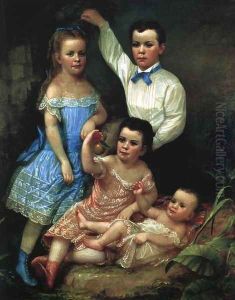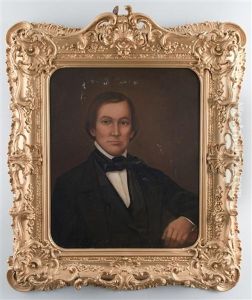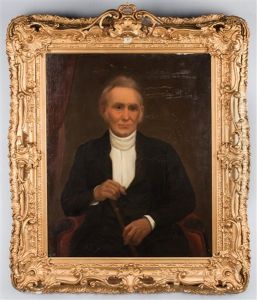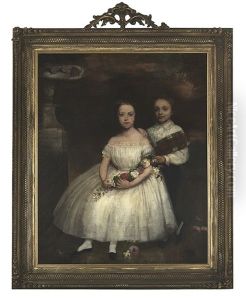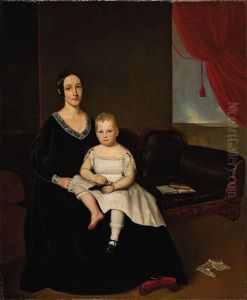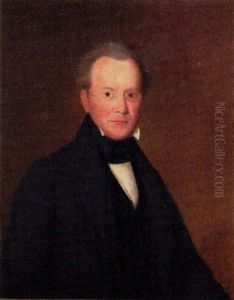Washington Bogart Cooper Paintings
Washington Bogart Cooper was an American portrait painter born on September 24, 1802, in New York City. He was the youngest of eight children born to a prosperous merchant. His family eventually moved to Nashville, Tennessee, where Cooper would become one of the most prominent portrait artists of the Southern United States in the 19th century.
Cooper showed an early interest in art and was largely self-taught. He began his career as an itinerant painter, traveling from town to town to paint portraits of prominent local figures. His work gained recognition for its detail and the lifelike quality of his subjects. In 1827, he opened a studio in Nashville, which quickly became a center for portraiture in the region.
Throughout his career, Cooper painted many of the most influential figures in Tennessee, including politicians, judges, and wealthy plantation owners. His portraits are notable for their representation of the social and political elite of the antebellum South. Among his notable works are portraits of James K. Polk, the 11th President of the United States, and Andrew Johnson, the 17th President.
Despite his success as a portrait artist, Cooper faced financial difficulties throughout his life, in part due to the economic instability of the times, including the Panic of 1837 and the Civil War. After the war, the demand for his work declined, as photography became more popular and accessible.
Cooper continued to work into his old age, leaving behind a significant body of work that provides a valuable historical record of Tennessee's people and culture during his lifetime. He died on March 3, 1888, in Nashville, Tennessee. Today, his paintings can be found in various museums, including the Tennessee State Museum and The Hermitage, the historic home of President Andrew Jackson.
